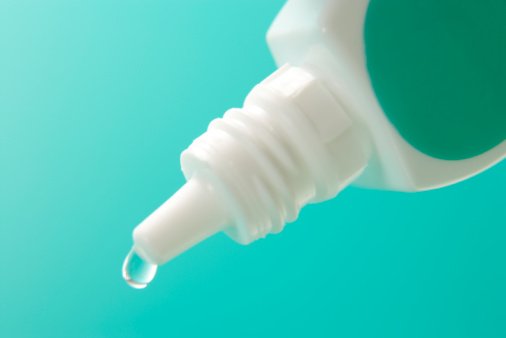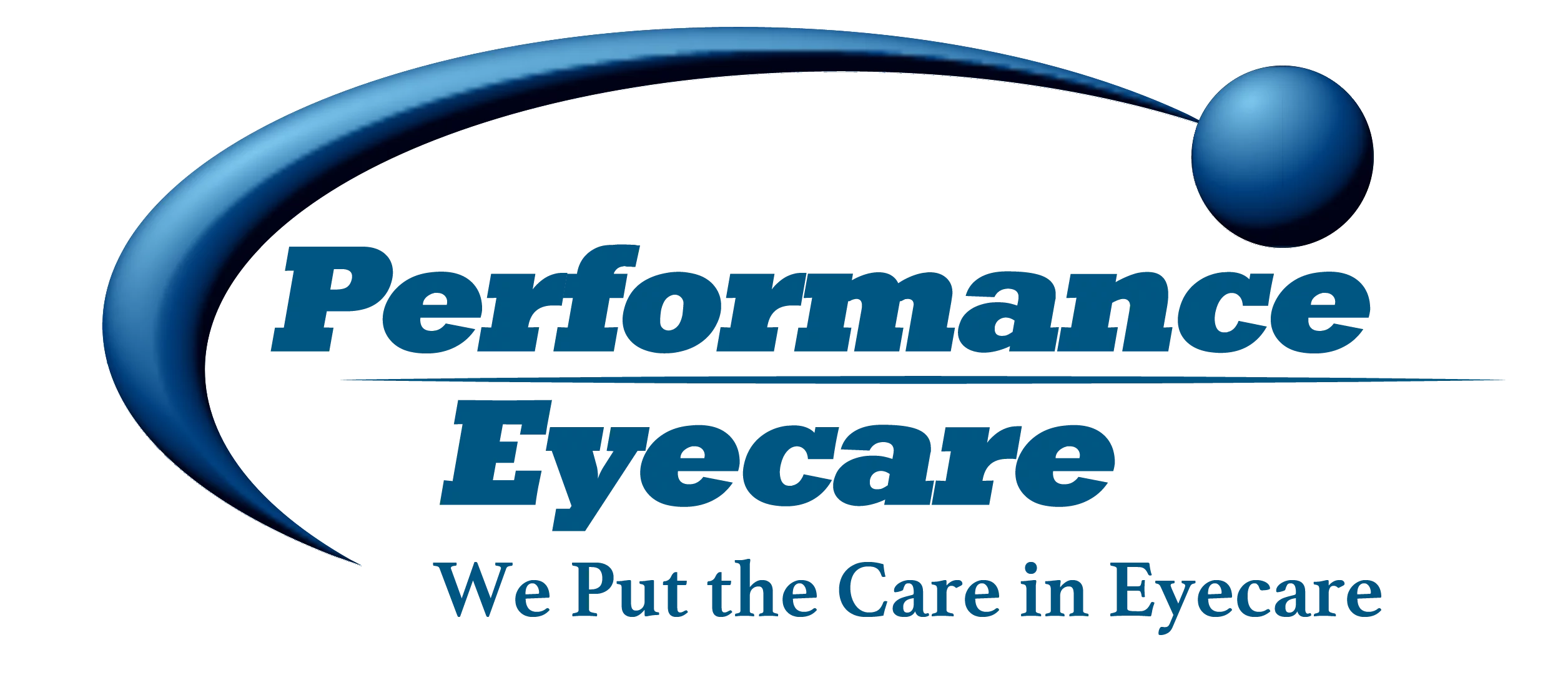
Remember, please contact the eye doctors at Performance Eyecare if you have any of the following symptoms. We can help determine the cause and severity, as well as the best treatment.
Lubricating eye drops for dry eyes can provide relief for short-term dry eyes, such as computer eye strain, being outdoors on a sunny or windy day, and tiredness. Avoid ‘decongestant eye drops’ for dry eyes because it’s typically advertised as relief for red eyes. This can worsen dry eye symptoms in the long run.
Decongestant eye drops can eliminate red eyes by shrinking tiny blood vessels on the white part of the eye to make them look less visible. These drops are effective at getting rid of redness, but they could just be masking a more serious problem. It’s important to consult with an eye doctor to identify the cause of the red eyes.
When to Use Eye Drops
Allergy season is ramping up and so you will want to use antihistamine eye drops to treat your eyes. If the eye drops don’t contain the itching and doesn’t improve your symptoms, you should see an eye doctor.
It’s also important to see the eye doctor if you are considering using eye drops for soreness. Your eyes may be sore because they are dry, strained or tired, but you should have an eye exam if they are continually sore. This could be because you need vision correction for nearsightedness, farsightedness, astigmatism, or presbyopia.
Those of us who wear contact lenses should use rewetting drops to provide relief for dry eyes and discomfort from your contacts. Like all of these eye drops, it’s important to check with the eye doctor to make sure the contact lens type is compatible with the eye drop you’re considering.
Be sure to schedule an appointment at Performance Eyecare to rule out any serious eye problem from the above eye symptoms.
